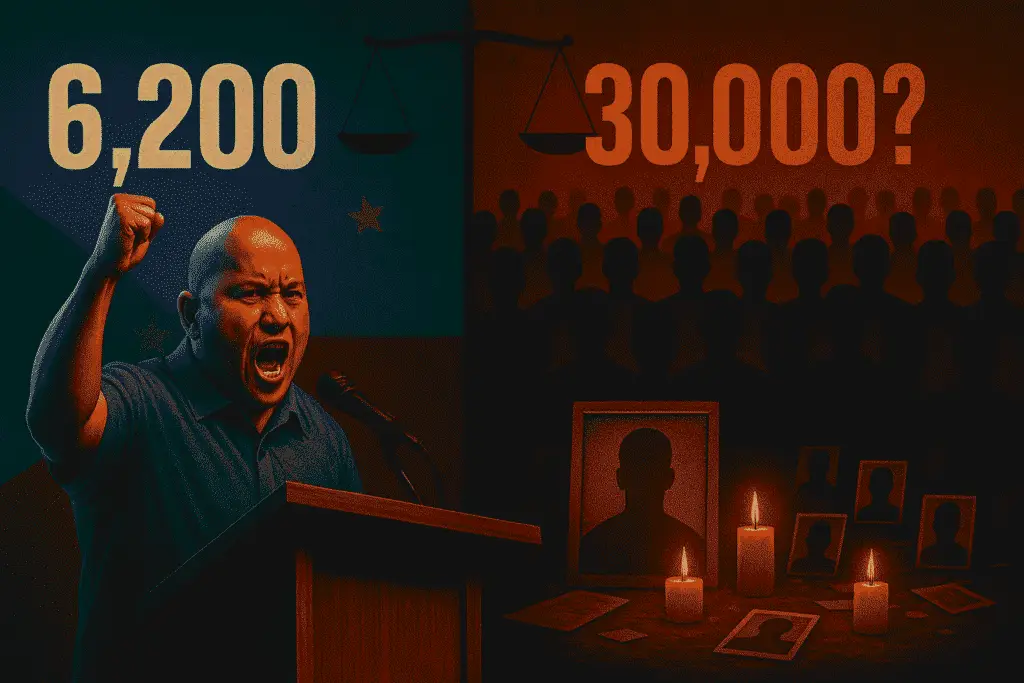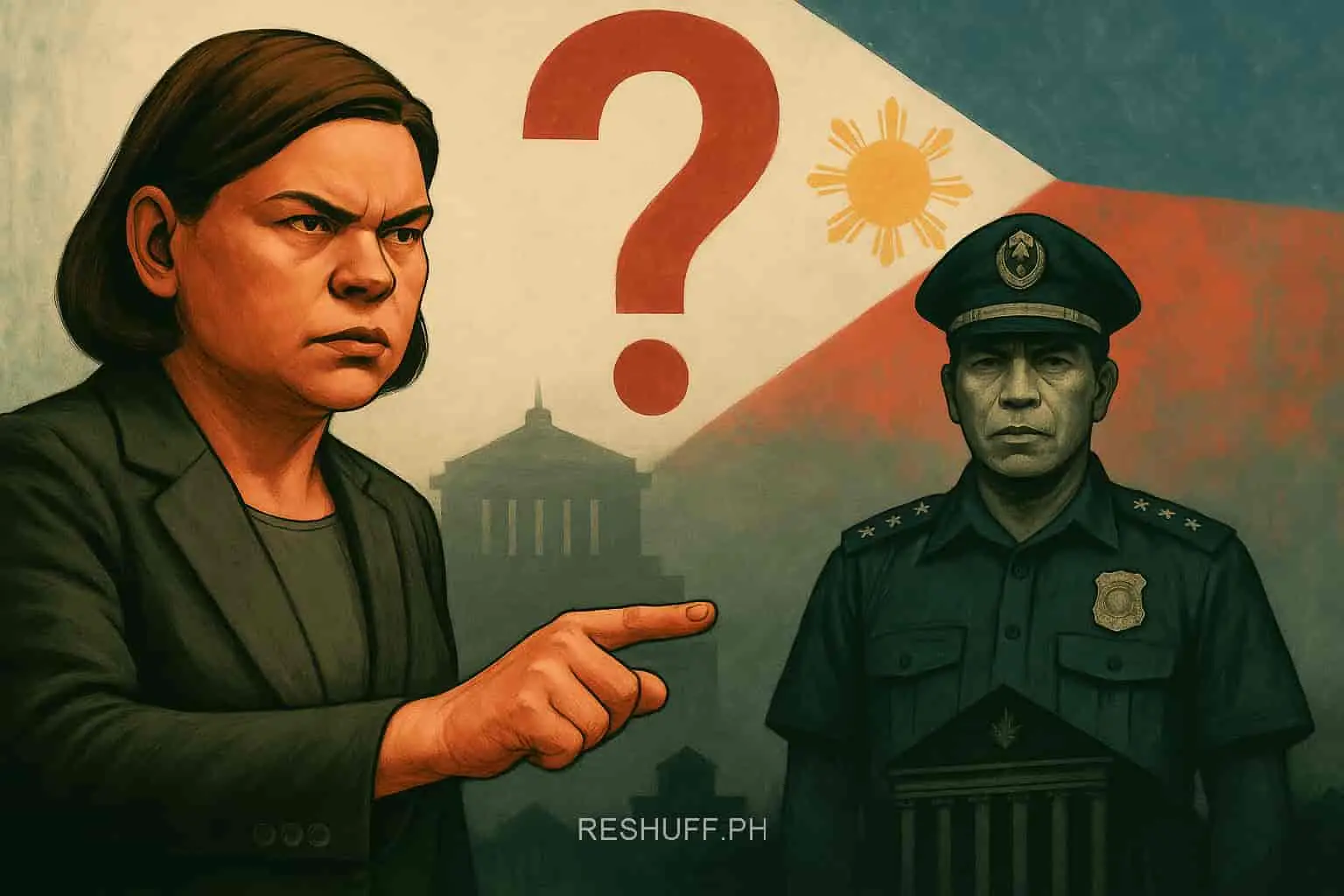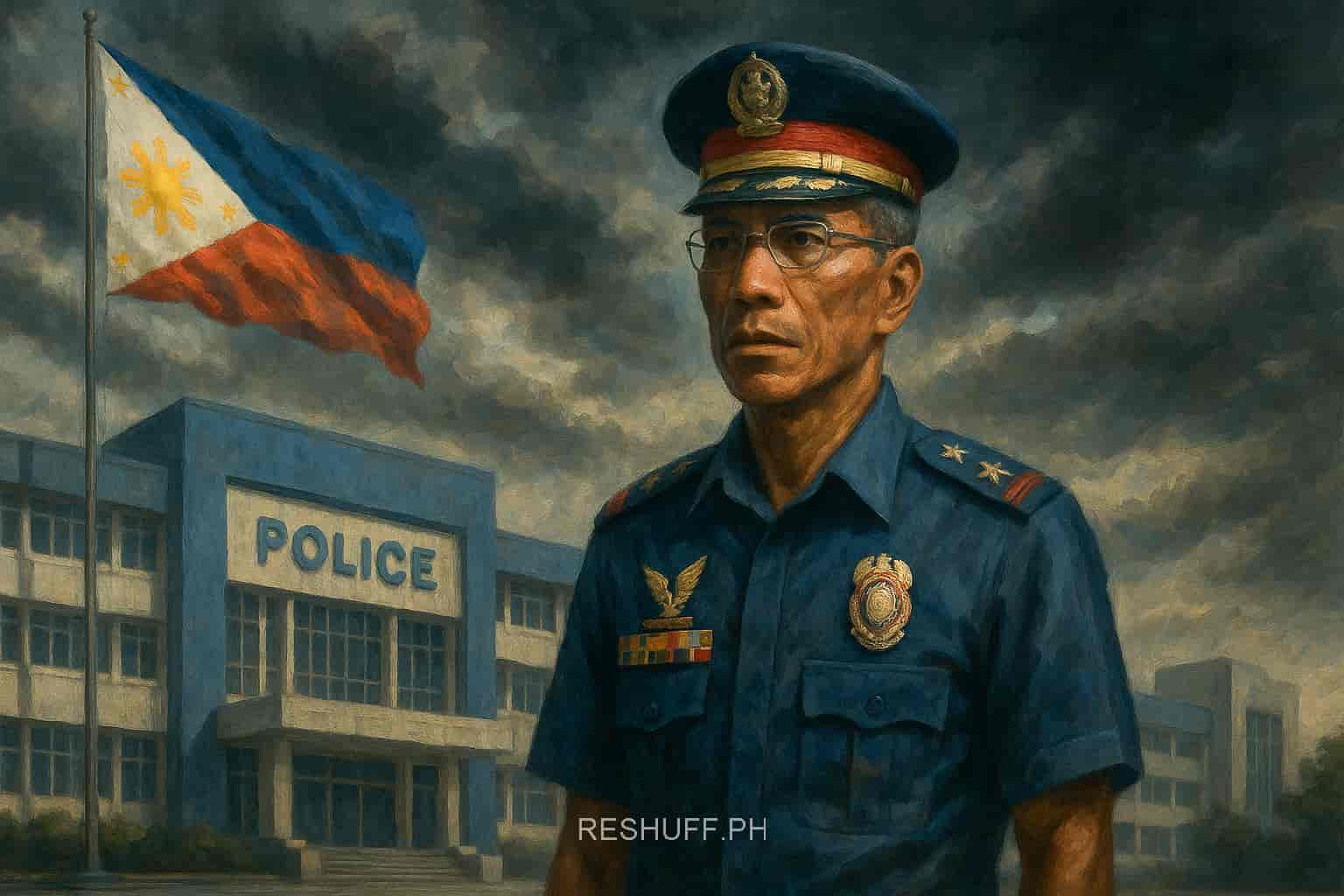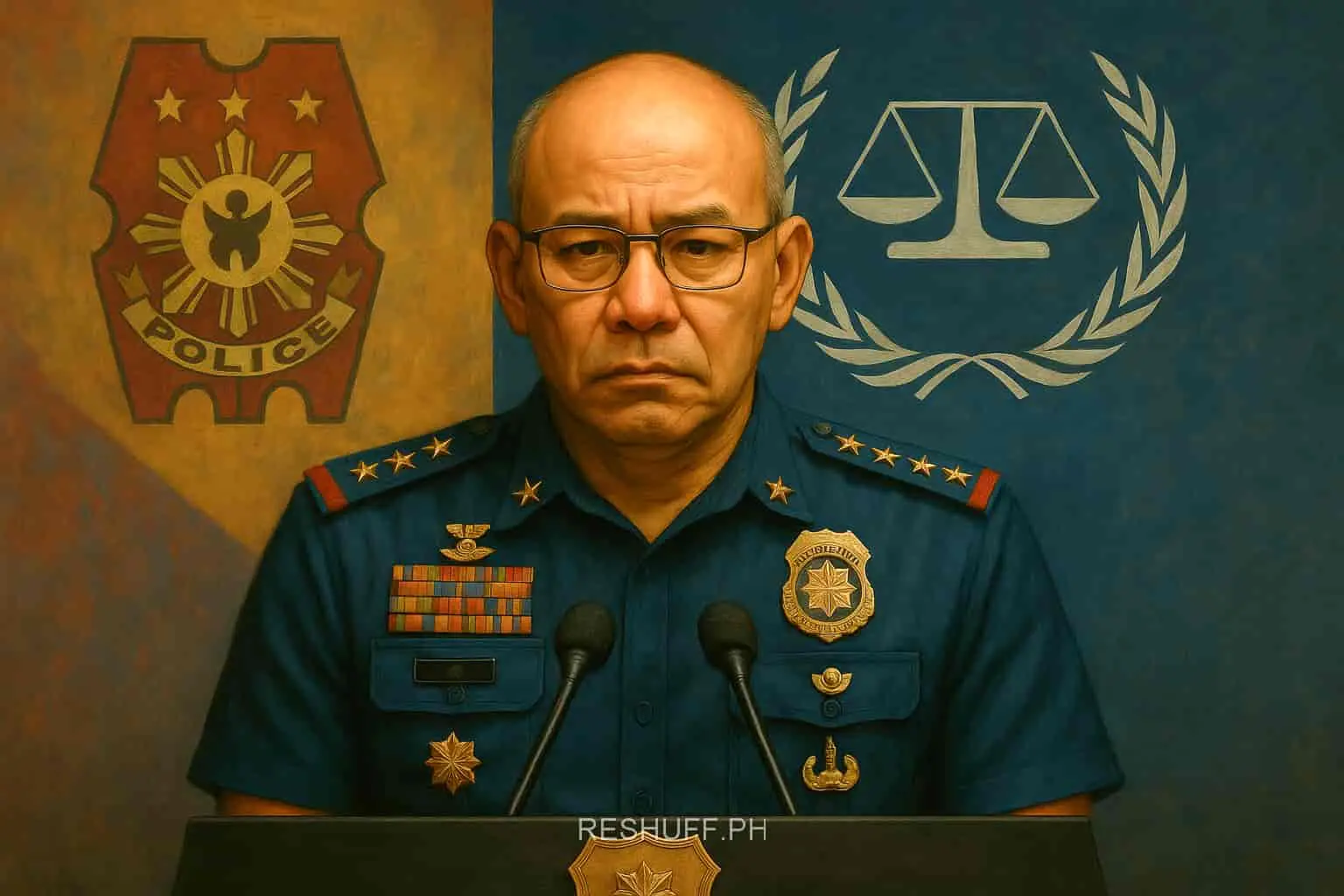In a fiery speech that echoed through the crowded streets of Mangaldan, Pangasinan, Senator Ronald “Bato” Dela Rosa stood before a sea of supporters and boldly rejected claims that 30,000 people perished in the Philippines’ war on drugs. “Yung sinasabi nila ng 30,000 kuno na namatay… ‘yon lahat-lahat ay fake news,” he declared, his voice firm with conviction. As the former Philippine National Police chief who spearheaded the campaign under President Rodrigo Duterte, Dela Rosa’s words have reignited a fierce debate over one of the nation’s most divisive policies.
A Campaign Born of Urgency
Launched in 2016, the Duterte administration’s war on drugs aimed to crush the illegal drug trade that officials claimed was eroding the country’s future. Dela Rosa, a loyal ally of Duterte, painted a grim picture of a nation on the brink. “At one point, drug lords had already begun influencing local elections, threatening to turn the Philippines into a narco-state,” he warned. “We had areas controlled by drug lords—they decided who would become mayor, governor, congressman.”
The government’s official tally reports approximately 6,200 deaths during anti-drug operations, a figure Dela Rosa staunchly defends (Reuters). Yet, human rights groups like Human Rights Watch estimate the toll could be far higher, ranging from 12,000 to 30,000, with many victims being poor urban dwellers. This stark discrepancy fuels accusations of extrajudicial killings and systemic abuses, casting a long shadow over the campaign’s legacy.
Defending the Cause, Acknowledging Flaws
Dela Rosa remains unapologetic about the campaign’s goals. “We did not wage this war on drugs to get rich,” he told the rally crowd. “We did it to save the future of Filipino youth.” He admitted to isolated cases of police misconduct but insisted these were addressed swiftly. “May malaking plano sila para makuha ang poder ng ating gobyerno,” he added, suggesting critics are exploiting the controversy to seize political power.
The senator’s defense comes amid heightened scrutiny. Former President Duterte faces an ongoing investigation by the International Criminal Court (ICC) for alleged crimes against humanity related to the drug war. Dela Rosa expressed deep solidarity with his former boss, evoking shared pain among supporters. “Sino sa inyo ang hindi nasaktan nung pinilit na dalhin si Pangulong Duterte doon sa ibang bansa? Lahat tayong nasaktan. Hanggang ngayon, lahat tayong nagluluksa,” he said, his words resonating with the crowd.
A Nation Divided
The war on drugs has left the Philippines deeply polarized. For some, it was a necessary stand against a growing drug crisis; for others, it was a brutal campaign that tore families apart. Reports from organizations like Amnesty International highlight cases where victims were gunned down in their homes or streets, often with little evidence of their involvement in the drug trade. Families of the deceased continue to demand justice, their voices amplified by human rights advocates (NPR).
The debate over the death toll is more than a numbers game—it’s a question of accountability and truth. While Dela Rosa cites the government’s figure of 6,200, data from the University of the Philippines’ Dahas program and other sources suggest higher casualties, even in recent years (Human Rights Watch). This gap underscores the challenge of reconciling official narratives with the lived experiences of those affected.
The Road Ahead
As the Philippines grapples with the drug war’s aftermath, Dela Rosa’s recent statements are likely to keep the controversy alive. The ICC investigation looms large, and public opinion remains split between those who view the campaign as a bold necessity and those who see it as a tragic overreach. The question of how to address the drug problem without sacrificing human rights continues to haunt the nation’s conscience.
For now, Dela Rosa stands firm, his words a rallying cry for supporters and a lightning rod for critics. The war on drugs may have quieted, but its echoes still reverberate, demanding answers and accountability from a nation at a crossroads.
Reshuff PH
Latest News In The Philippines brought to you by Reshuff PH





3 Responses